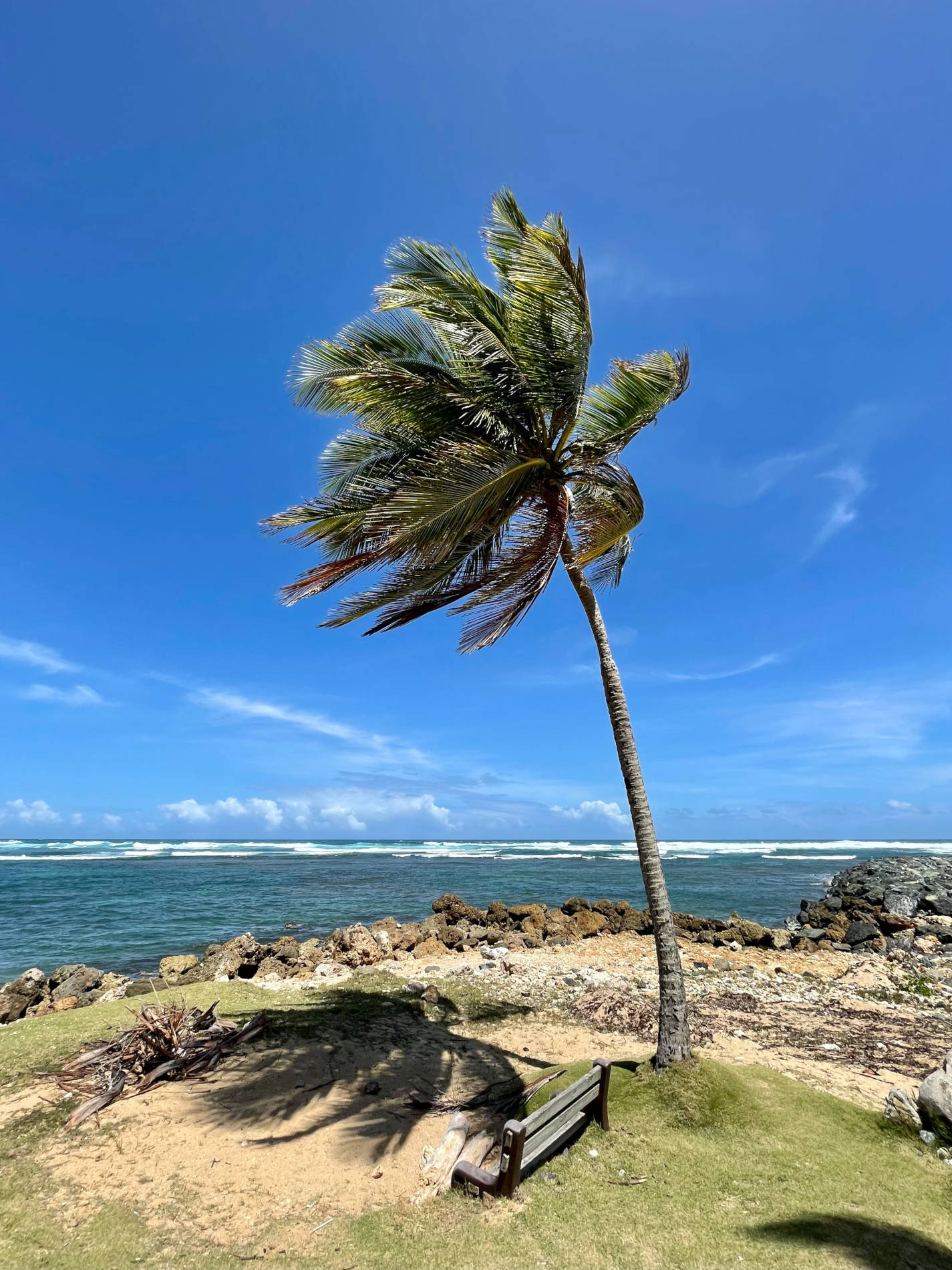Revolutions, resolutions and eco-conversions
Originally published on The Southern Cross

Originally published on The Southern Cross
By Christina Bagaglio Slentz
Turn, turn, turn: “For everything, there is a season” (Ecclesiastes 3:1).
As the earth, our common home planet, completes its annual trip around the sun, many of us are reminded of the passage of time. Like the author of the Book of Ecclesiastes, writing around the third or fourth century B.C., we may sometimes find ourselves struggling with the meaning to be found in these cycles of life. Like him, we might question, is there anything new under the sun? Are we simply chasing after wind?
It’s easy to get comfortable in familiar faith structures, revolving around the “same old” ministries. As cradle Catholics especially, but also for the converted, we may carry a subconscious sense of spiritual completion, risking boredom. St. Augustine reminds us, however, that we are called to become what we are not yet, a proposition that dangles wildly with anticipation and promise if we only continue to nudge ourselves in God’s direction. Luckily, each New Year comes with Epiphany and a chance to pivot to something new in our lives.
Is 2023 the year of your ecological conversion, shaking you from the same-old-same-old pattern and illuminating a new path to relationship with the Risen Christ, visible in all things?
Hard Habits to Break
Becoming more and escaping spiritual stagnation requires that we begin with an honest examination of where we are. The Ignatian daily examen invites us to establish a habit of prayerful reflection at the end of each day to help us see God’s presence in our day-to-day lives and discern God’s direction for us. Adding an ecological lens to this spiritual reflection, embracing an “ecological examen,” enriches our awareness of God’s presence in all of creation and sheds light upon our daily interactions with the created world, revealing our (dis)harmony with the Creator. In this way, creation offers us a “cheat sheet,” a tangible reminder of our relationship with God throughout our day.
To change your environmental habits, consider committing to the ecological daily examen included below.
‘An Ecological Examen’
A tool to reflect on gratitude, awareness, understanding, conversion and reconciliation (from https://www.ecojesuit.com/reconciling-god-creation-and-humanity-an-ecological-examen):
Ecological Conversion
To “convert” means to “turn.” Like the earth’s rotations and revolutions, and the spinning of our galaxy and universe, we are called to turn constantly to our God. Our conversion is never finished.
Rather, ecological conversion offers us the continuous opportunity to be reminded of this call in the simple song of a bird, a gust of wind, the smile of a loved one. We are also reminded of this call and our shortcomings when we hear the cry of the earth and the cry of the poor.
Many set resolutions at this time of year, but more than 80% typically falter. To put your ecological conversion in motion:
And, of course, the Diocese of San Diego ministry of Creation Care is here to help you! Follow us on Facebook (San Diego Creation Care Ministry) and Instagram (@lpjsandiego). Reach out to Christina Bagaglio Slentz at cslentz@sdcatholic.org at any time with questions!
Who you are is God’s most intimate gift of creation to you. What you become is your gift to God.